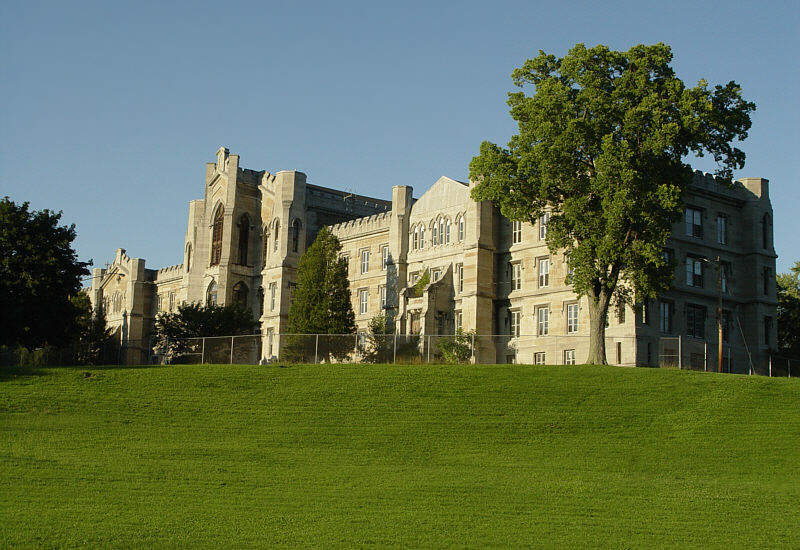and six cases of delirium tremens, and visited four hundred and ten cases of opium eaters". Turner continued: "...of all the maladies which man is heir to, there is none that requires an asylum for its treatement more than inebriety... The inebriate, without an asylum, perils his own life by his own hand, jeopardizes the lives of others, and dies at length a most painful death".
Turner's plan to establish "a thoroughly organized hospital", to be called the United States Inebriate Asylum for the Reform of Poor and Destitute Inebriates, entailed seeking a charter for the institution from the New York State legislature with authorization to raise funds through a state excise tax on liqour sales. The plan was opposed by the politically active temperance alliance, which was actively campaigning in 1852 for a law prohibiting the sale of all alcoholic beverages modeled on one enacted in Maine the previous year. In 1855 , Prohibition was briefly enacted in New York, but found to be unconstitutional and vetoed by Governor Seymour the following year.
Turner's initial petitions to establish the asylum in 1852 and 1853 were rejected by the state legislature. Nonetheless, the limited charter granted in 1854 (Chapter 243, "An Act to Incorporate the United States Inebriate Asylum for the Reform of Poor and Destitute Inebriates", Laws of 1854) established an institution without precedent in the world, albeit without any funding committment.
